Feature
-
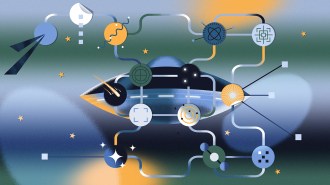 Space
SpaceScientists are getting serious about UFOs. Here’s why
UFOs have been rebranded as UAPs (unidentified anomalous phenomena). Probably not aliens, they might impact national security and aircraft safety.
By Sid Perkins -
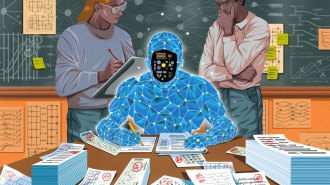 Artificial Intelligence
Artificial IntelligenceAI’s understanding and reasoning skills can’t be assessed by current tests
Assessing whether large language models — including the one that powers ChatGPT — have humanlike cognitive abilities will require better tests.
By Ananya -
 Climate
ClimateHow powdered rock could help slow climate change
A method called enhanced rock weathering shows promise at capturing carbon dioxide from the air. But verifying the carbon removal is a challenge.
-
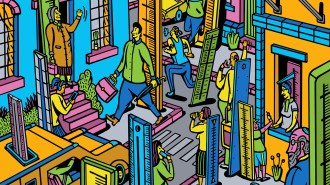 Humans
HumansDoes social status shape height?
A controversial idea drawing on findings from the animal kingdom suggests there’s more to human stature than genetics and nutrition.
By Sujata Gupta -
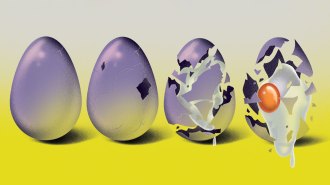 Physics
PhysicsThe second law of thermodynamics underlies nearly everything. But is it inviolable?
Two centuries on, scientists are still seeking a proof of the Second Law and why heat always flows from hot to cold.
-
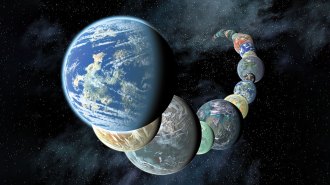 Space
SpaceNASA’s James Webb Space Telescope could help solve these 5 exoplanet puzzles
A lot of people are focused on signs of alien life, but the space telescope will have a lot to say about exoplanet geology and formation.
By Elise Cutts -
 Science & Society
Science & SocietyScientists are fixing flawed forensics that can lead to wrongful convictions
People have been wrongly jailed for forensic failures. Scientists are working to improve police lineups, fingerprinting and even DNA analysis.
By Amber Dance -
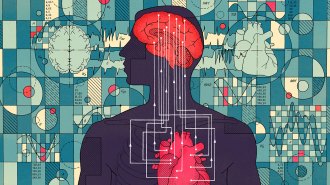 Neuroscience
NeuroscienceThe heart plays a hidden role in our mental health
Deciphering the messages that the heart sends to the brain could lead to new anxiety treatments and even unlock the secrets of consciousness.
-
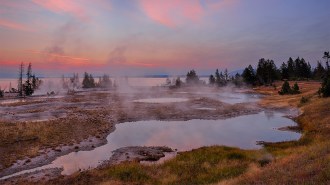 Earth
EarthA hidden danger lurks beneath Yellowstone
A volcanic eruption at Yellowstone is unlikely anytime soon, but evidence is growing that a violent hydrothermal, or steam, explosion is possible.
By Douglas Fox -
 Environment
EnvironmentA new approach to fighting wildfires combines local knowledge and AI
Land managers in the western United States are using potential operational delineations, or PODS, to prepare for — and take advantage of — wildfires.
By Nikk Ogasa -
 Climate
ClimateWill stashing more CO2 in the ocean help slow climate change?
Research is needed on how ocean carbon removal methods — such as iron fertilization and direct capture — could impact the environment.
-
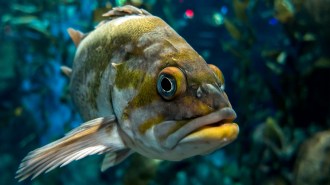 Animals
AnimalsEavesdropping on fish could help us keep better tabs on underwater worlds
Scientists are on a quest to log all the sounds of fish communication. The result could lead to better monitoring of ecosystems and fish behavior.